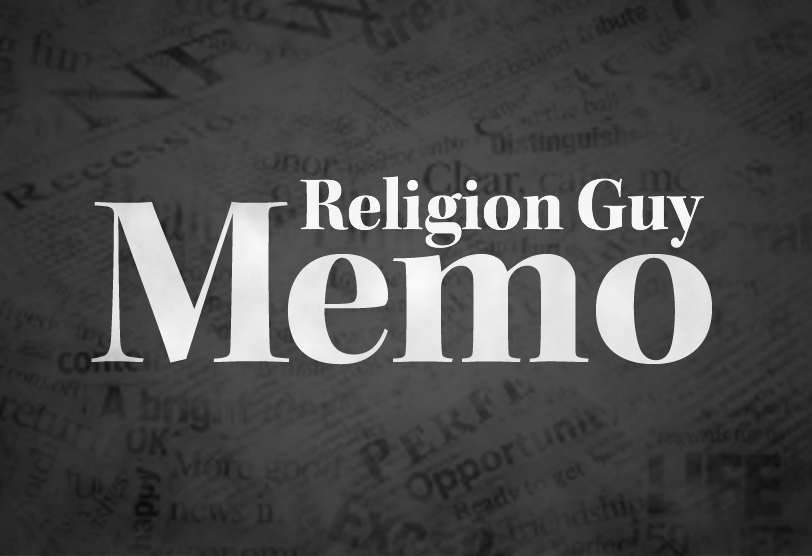Religion reporters need to be knowledgeable on Constitutional law because U.S. federal courts continually handle newsworthy church-and-state dust ups. That is underscored by the partisan rumble over Supreme Court nominee Neil Gorsuch of the Denver-based 10th Circuit Court of Appeals (which will be the proverbial Sunday School picnic compared with the next Supreme Court vacancy.)
The Left is aggrieved because Gorsuch wrote the circuit opinion favoring Hobby Lobby’s bid for a religious exemption from Obamacare’s mandatory birth-control coverage (the Supreme Court later agreed with him), and joined the court minority that backed similar claims from the Little Sisters of the Poor. A bit of the byplay:
Legal journalist Dahlia Lithwick typifies the critics, saying Gorsuch personifies an “alarming tendency” toward “systematically privileging the rights of religious believers” to “impose their views on others” as though their “faith must not be questioned, or even assessed.” Evangelical attorney David French responds that in such conflicts a “human, natural, and constitutional right” properly takes priority over “a regulatory privilege.”
On Hobby Lobby, Planned Parenthood’s head protests that Gorsuch believes “bosses should be able to decide whether or not women should be able to get birth-control coverage.” A National Review editorial calls that a distortion because (1) the ruling affects only narrow cases that involve the federal Religious Freedom Restoration Act, and (2) in any case employers cannot prevent employees from obtaining coverage.
Gorsuch reminded senators of two cases where he supported the religious liberty of non-Christians.



